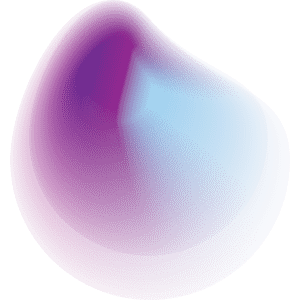A group of affiliated restaurant companies known collectively as the Azumi Entities has agreed to pay over $3.6 million to resolve allegations that they violated the False Claims Act by improperly obtaining Paycheck Protection Program (PPP) loans. According to the U.S. Attorney’s Office in Boston, these entities exceeded the maximum funding limits allowed for related corporate groups under the PPP second-draw loan program and falsely certified their eligibility. The PPP was created to help struggling small businesses during the COVID-19 pandemic, and misuse of these funds deprived truly eligible businesses of critical financial support.
The False Claims Act is a powerful federal law designed to combat fraud against the government. It imposes liability on individuals or companies that knowingly submit false or fraudulent claims for government funds. In this case, the government alleged that the Azumi Entities violated rules intended to prevent larger corporate groups from monopolizing a program meant for smaller businesses. By obtaining more funds than permitted and receiving loan forgiveness under false pretenses, they were subject to civil liability—even though no criminal charges were filed.
One important aspect of the False Claims Act is its qui tam provision, which allows whistleblowers to file lawsuits on behalf of the government. In this instance, a whistleblower organization, GNGH2, Inc., initiated the legal action and will receive roughly $360,000 from the settlement. This highlights the role of insiders and third parties in uncovering fraud, and the incentive the law provides for reporting misconduct.
Penalties under the False Claims Act can be severe. Individuals or businesses found liable may be subject to triple the damages the government sustained, plus civil penalties for each false claim submitted. Settlements, like the one reached here, often help companies avoid the risk of higher financial exposure and reputational damage, but they also serve as a clear warning to others.
The resolution of the Azumi Entities case demonstrates the government’s continued commitment to protecting taxpayer dollars and enforcing transparency in pandemic relief programs. Businesses should be vigilant in ensuring compliance with government funding rules and truthful in all applications and certifications. Those who aren’t may find themselves the subject of federal investigations, costly settlements, or even worse—criminal prosecution.
If you or your company received COVID / PPP loans and there’s any concern about how they were obtained or reported, now is the time to seek counsel. At Dhar Law, LLP our award-winning COVID & PPP fraud defense and white collar criminal defense team have defended countless high-level criminal and civil cases resulting from federal investigations. Please contact us at 617-880-6455 to speak to a member of our team.




